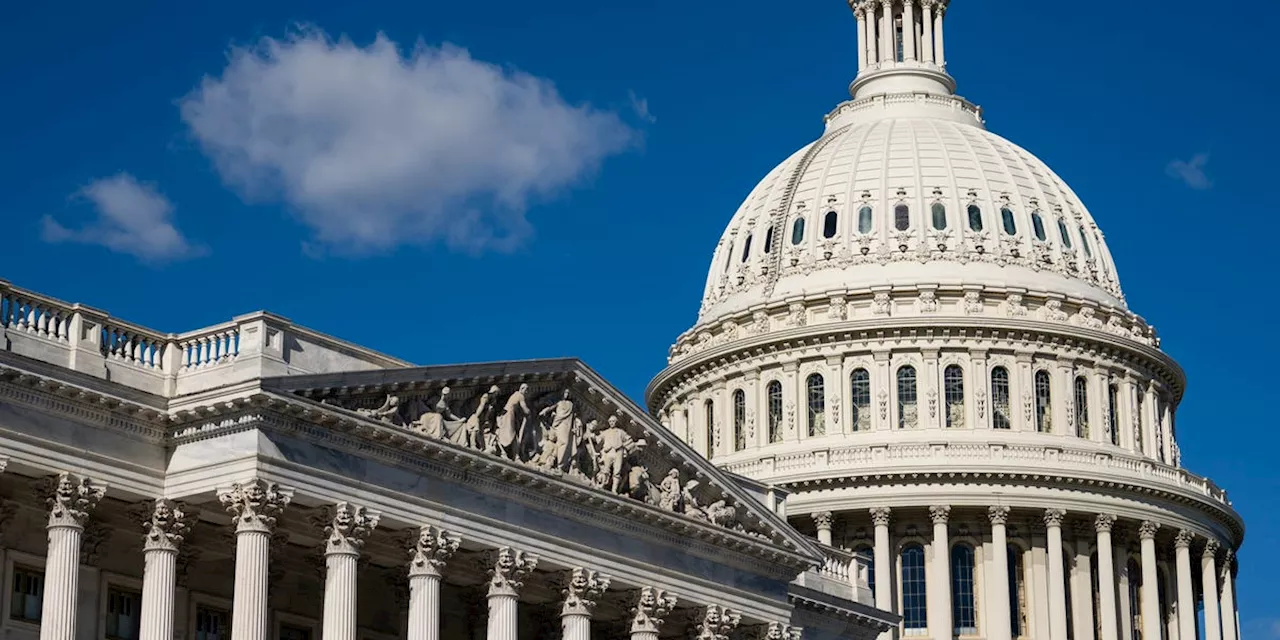Senators gathered on Capitol Hill for an unusual Sunday session, aiming to finalize an agreement to end the ongoing government shutdown that began on October 1, 2023. Senate Majority Leader John Thune, a Republican from South Dakota, expressed optimism, stating, “a deal is coming together,” as he spoke to reporters outside the Capitol.
Thune indicated plans for an initial test vote on Sunday evening and acknowledged the urgency of the situation, noting, “This kind of stuff can drag on indefinitely if you allow it to.” With Republicans holding a majority of 53 seats in the Senate, they face the challenge of securing 60 votes to pass the necessary funding package.
Legislation Drafts and Key Issues
The Senate Committee on Appropriations, responsible for allocating federal funds, introduced several bills aimed at funding various government departments and initiatives. However, drafts addressing critical issues that have divided Congress, such as extending Affordable Care Act subsidies and reversing former President Donald Trump‘s cuts to Medicaid, have not yet been released.
The current shutdown has become the longest in U.S. history, significantly impacting federal workers and services. Hundreds of thousands of federal employees have been furloughed or required to work without pay, including air traffic controllers who have not received a full paycheck since late October. This situation has led to a staffing shortage, prompting the Federal Aviation Administration (FAA) to reduce daily flights to ensure passenger safety as the holiday season approaches.
Effects of the Shutdown on Americans
The ramifications of the shutdown extend beyond federal employees. Millions of Americans who depend on government assistance for food are feeling the effects. The Trump administration’s order to pause Supplemental Nutrition Assistance Program (SNAP) benefits starting November 1 has created uncertainty for approximately 42 million beneficiaries who rely on this program for groceries.
Democrats are advocating for the extension of tax credits that expand access to affordable healthcare, which are set to expire at the end of the year. Earlier cuts to funding for this program occurred after Trump signed his “One Big Beautiful Bill” in July.
As negotiations continue, the pressure mounts for both parties to reach a bipartisan resolution. The ongoing talks reflect a critical period for legislators as they work to prevent further disruption to federal services and support for the American public during the holiday season. The situation remains fluid, with lawmakers determined to find common ground to end the impasse.






